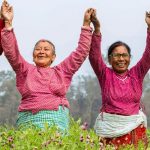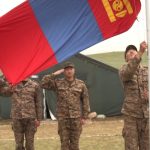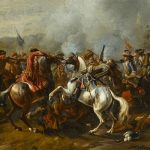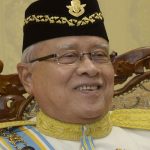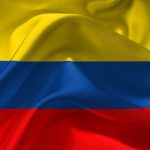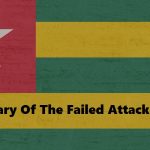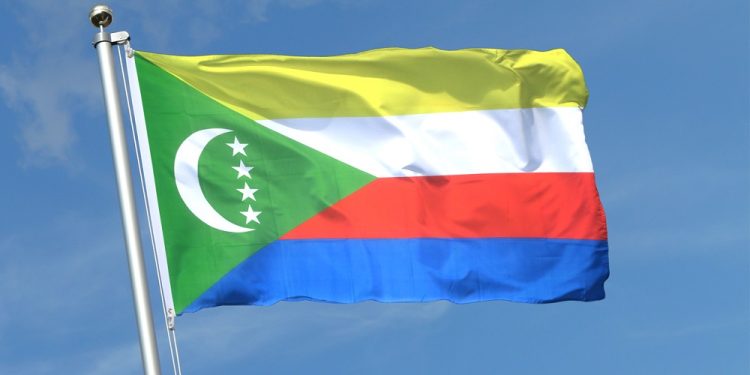
National Day in Comoros
In Comoros, National Day is a public holiday observed on July 6th annually. Also known as Independence Day, this holiday commemorates the country’s independence from France on this day in 1975. For a long time, the three islands of Comoros were a colony of France, but the citizens decided to take control of their own fate during the 1970s.
Nowadays, this holiday is celebrated with parades, political speeches, and boating off the coast of the islands. It’s also a day on which concerts, fireworks, and cultural events are held. Since it’s a national holiday, it’s a day off for the general population, and most government offices and businesses are closed.
The History of National Day in Comoros
The islands of Grande Comore, Moheli, and Anjouan make up the nation of Comoros. These islands were first discovered by the Portuguese during the 16th century, but it was the French who would establish a colony on the island of Mayotte during the mid-19th century.
By 1908, France had unified the islands of this nation, even though there had been significant political infighting among the indigenous groups living on them. Four years later, the islands would become a part of the colony of Madagascar. In 1960, Madagascar gained its independence from France, and approximately a year later, Comoros gained its autonomy.
In 1973, Comoros reached an agreement with France, and referendums were held on the four main islands. All of the islands voted for independence from France, except for Mayotte. The three islands that voted for declaring independence proclaimed it on July 6, 1975. Mayotte remained a region of France.
Observing National Day in Comoros
The islands of Comoros really know how to throw a party, and National Day is the perfect day to discover that fact. On this holiday, there are parties, parades, and concerts all across the islands. People sail off its coast on this day, and families and friends enjoy traditional meals together. Some of the dishes enjoyed on this day include Langouste à la Vanille, Poutou, Ladu, and Mataba.
